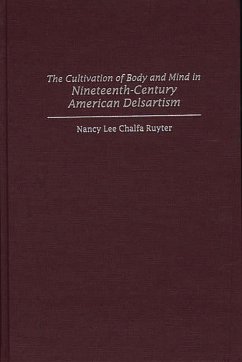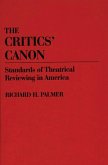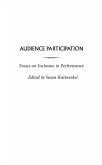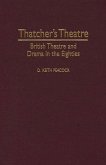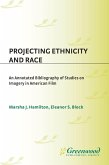This study chronicles the American adaptation of the theory and practice of the French acting, singing, and aesthetics teacher, Francois Delsarte. Delsartism was introduced in the United States by Steele Mackaye, Delsarte's only American student. American Delsartism, with its emphasis on physical culture and expression, differed significantly from Delsarte's works in France. The system evolved from professional training for actors and orators to a means of physical culture and expression that became popular among middle and upper class American women and girls. It allowed nineteenth-century women to pay attention to their bodies, to explore their own physicality, and to perform in a socially acceptable venues. In its later manifestations, Delsartism influenced the innovative dance of such artists as Isadora Duncan, Ruth St. Denis, and Ted Shawn. Biographical information on the most notable figures in the development of American Delsartism is presented along with a discussion of the spread of Delsartism throughout the United States and to Germany. The Delsartean approach to training and expression is traced from Delsarte and Mackaye through the theory, teaching, and performance of Genevieve Stebbins, the most notable American proponent of the system. This work will appeal to scholars of dance history and of late nineteenth-century women's studies. Theater historians will appreciate the detailed account of the system as developed and taught by Steele Mackaye as training for actors. Although Delsartism has been acknowledged as relevant to the history of modern dance, scant information and research has previously been published which explores the movement in depth and discusses its importance to women's physical and cultural education in nineteenth-century America. Photographs illustrate the text and an extensive bibliography serves as a useful guide for further research.
Bitte wählen Sie Ihr Anliegen aus.
Rechnungen
Retourenschein anfordern
Bestellstatus
Storno

